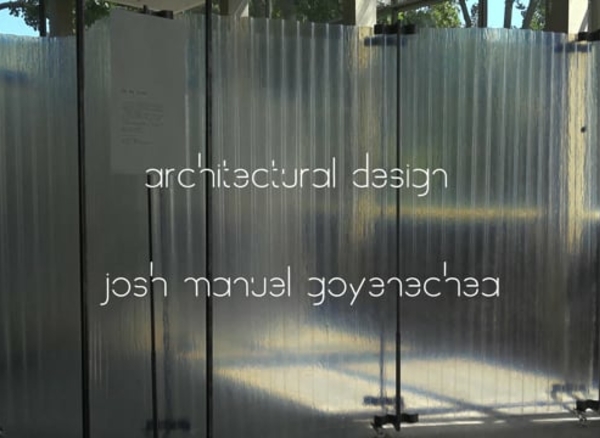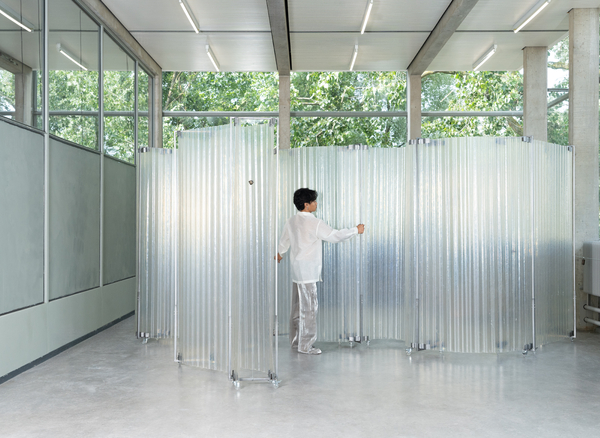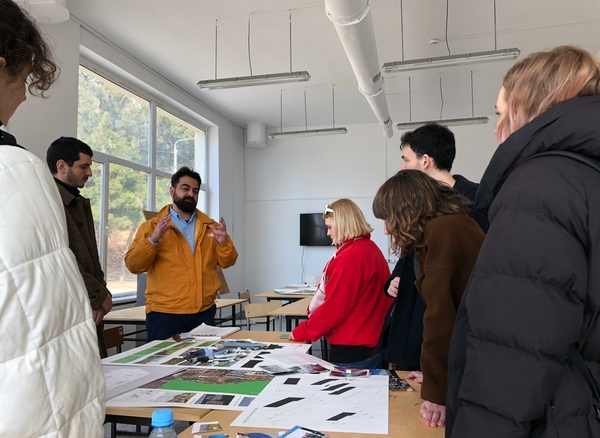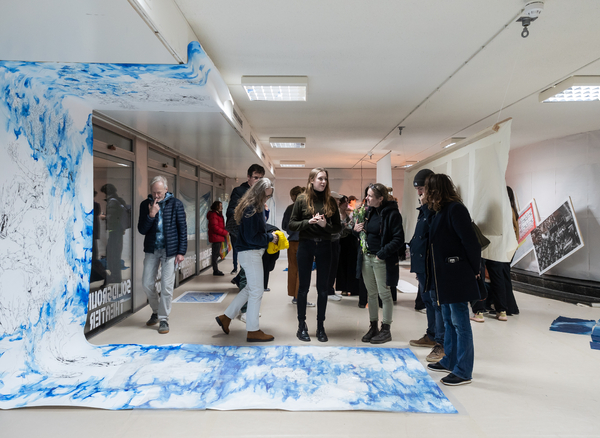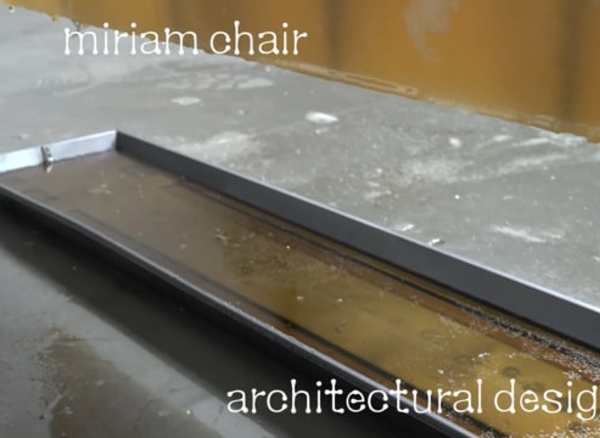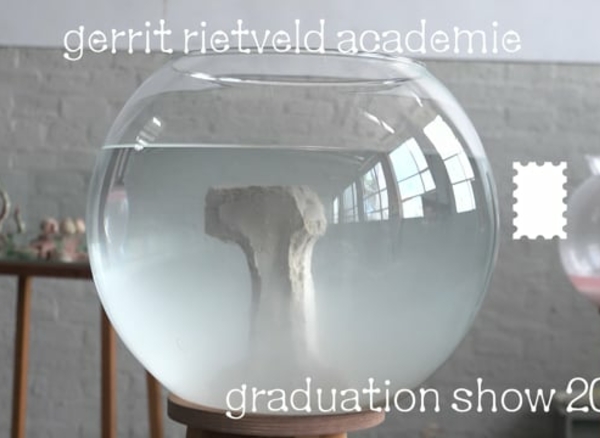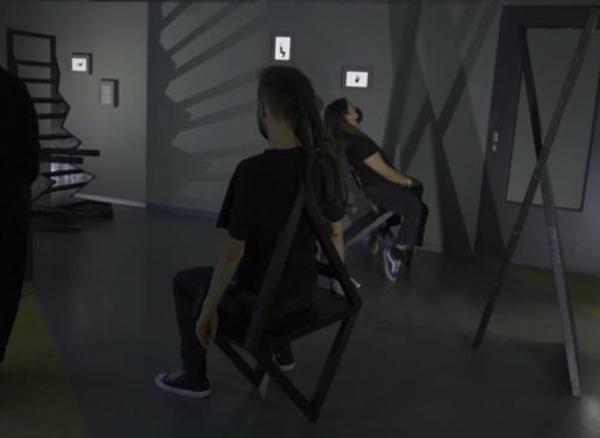The way that cities are being envisioned, planned, built, lived in, experienced, and remembered today is changing at an unprecedented pace. The Architectural Design department focuses on engaging with the production of the built environment through reflection, fabrication, and speculation. It does so by cultivating the development of spatial practice, understood as a vibrant fusion of spatial intelligence, architectural knowledge, artistic practice, political engagement, theoretical inquiry, and multidisciplinary research.
Students work at the crossroads of the real and the imagined; the past, the present, and the future. Through speculative design studios, real-world collaborations, theory seminars, and research labs, they learn to think about and intervene within the relations between events, things, systems, experiences, and places. Here, architectural design is understood in the broadest sense of the term, spanning from buildings, interiors, scenography, urban design, and public space to infrastructure, interfaces, networks, materials, organisms, and beyond.
The department’s lecturers—architects, designers, writers, and artists from the world of practice—challenge the students to reflect on and reimagine the outside world. The aim is to encourage students to become insatiably curious, critical inspired, and urgently resourceful. With the knowledge and expertise they acquire in the department, students are equipped to become independent spatial practitioners with their own perspective on the role of architectural design within society.
